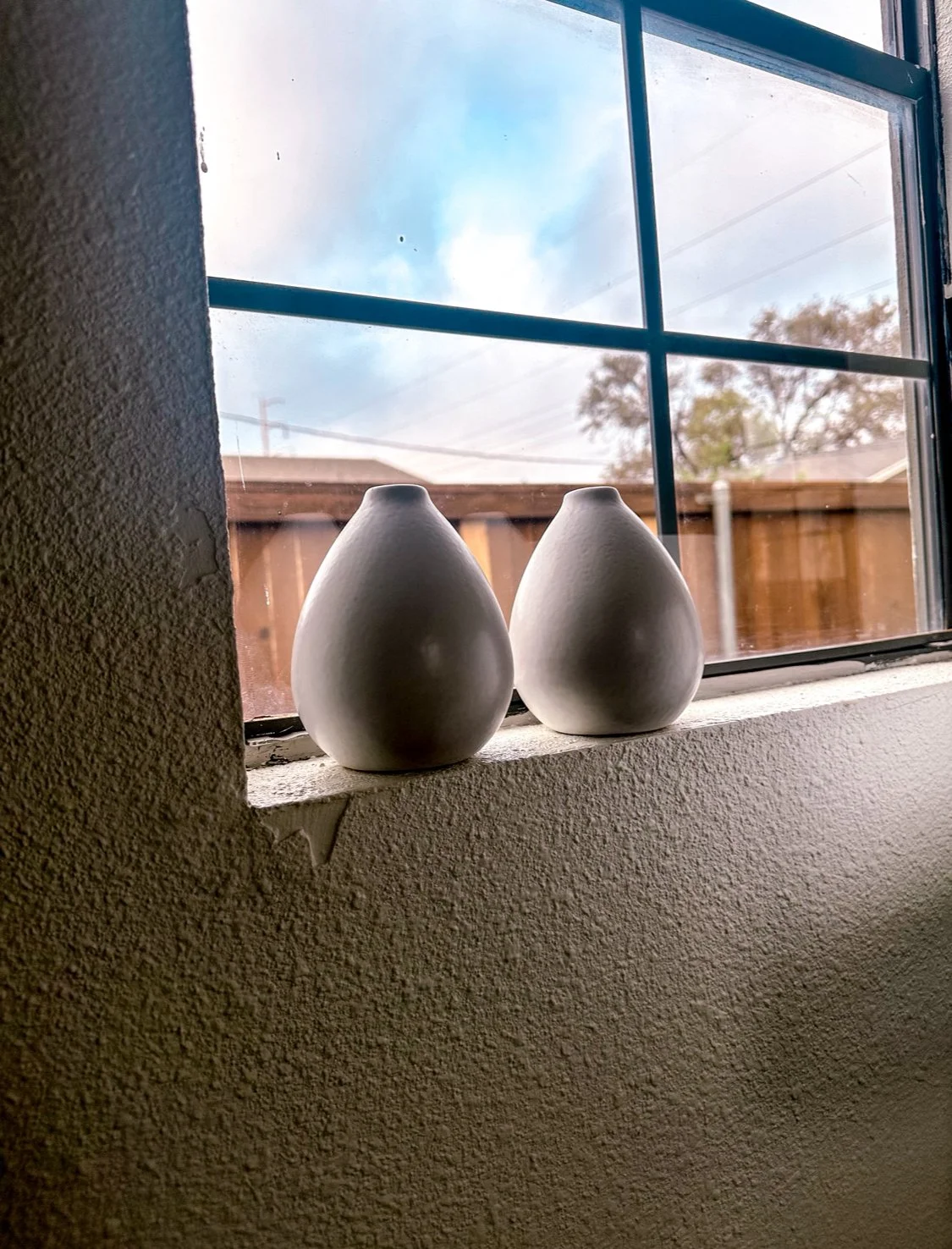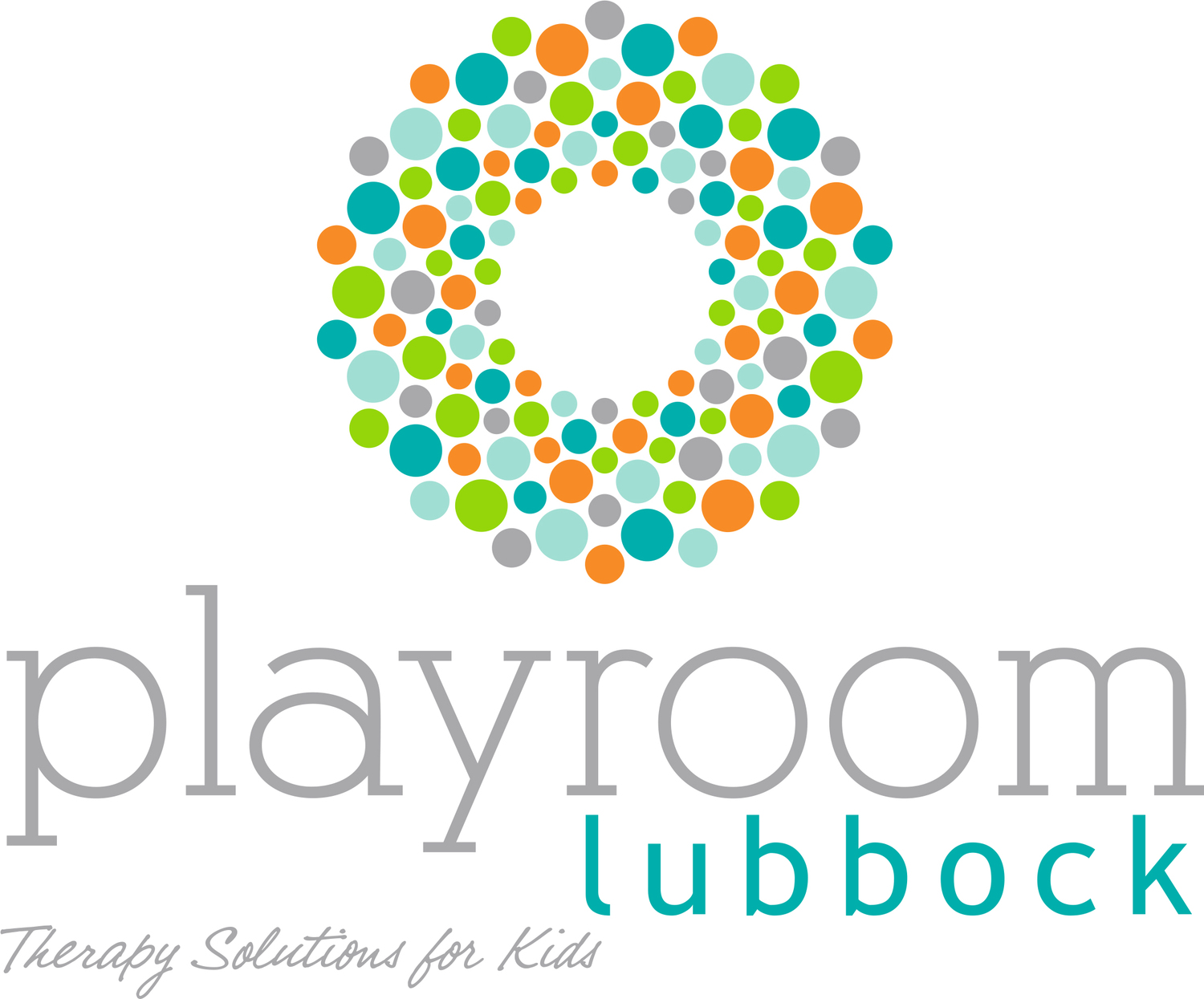Parent/Caregiver Support
An integral part of your child's optimal and collaborative therapy is the parent/caregiver and family system. We welcome communication and collaboration with you.
The counselors at The Playroom Lubbock will typically schedule frequent parent consultations with the parent/caregiver to provide updates about the progress of treatment goals and to exchange information.
Parent consultation sessions can also be scheduled with a counselor for parent support and professional feedback (regardless of whether a child is in counseling or not).
We also provide parent coaching in the form of parent/child relationship therapy. This type of session provides parents with the opportunity in session to learn or refine specific skills such as reflecting feelings, setting limits, and understanding basic developmental tendencies in order to enhance the parent child relationship and increase cooperation and well-being.
Kelly Martin provides workshops or trainings to parents/caregivers on topics such as parenting, child/parent relationship, or discipline.
Community Resources
Our therapists also work to involve as many effective community resources as possible. A step beyond the family system is the community in which they are involved. People, places and things so to speak. If a family is lacking in this area or doesn’t know what is available to them, we work to help them build the kind of community they need in order to support the changes they are making.



